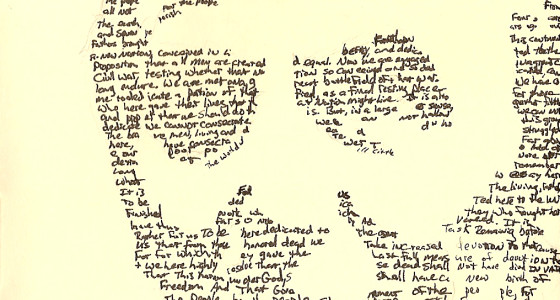This column contains about 600 words. I would prefer it was only about 350 words. That’s because I can cover most of the relevant points I have to make on just about any subject in about 350 words. After that, my concentration and my writing gets kind of weak.
Don’t get me wrong, I can write plenty of words. Take it from someone who received dozens of 500-word essay punishment assignments for clowning around in fifth through eighth grade.
I can stretch out a sentence with the best of them. And by “best of them,” I mean exactly what you think I meant. But I wanted to demonstrate one method I use to use to stretch out my written assignments. All in an effort cover the minimum number of required words.
All I had to do to add words was to explain something that was obvious. Something you already knew. Or add in something that was totally unnecessary, or something that adds no real substance, information or value to the column, advertisement or discussion.
Unfortunately, many people use too many words in their writing on a regular basis. Please note that a lot of my clients are in professions such us engineering and healthcare that demand detail and clarity. They don’t want to omit anything of value, so they end up putting the kitchen sink in just to be sure.
But years of writing copy for print ads has taught me to write tight. And I have received lots of advice on writing. But the advice that makes the most sense to me is: “Write the amount of words that work.”
Use the number of words you need to get across your point or achieve your purpose — to convince, move to action, change an opinion, inform or engage — but no more. Unless you’re writing an encyclopedia chapter or an instruction manual, you should be able to keep your writing concise.
George Lois, one of the most famous real-life advertising guys from the Mad Men era, says it this way: “Think Long. Write Short.”
A bigger or more important assignment or project does not necessarily require more words. The most famous example of course, was the Gettysburg Address of 1863, which was written and rewritten and agonized over by U.S. President Abraham Lincoln. It was delivered on a battlefield in front of 15,000 people.
Lincoln gave the speech at a time when the nation had endured a combined 600,000 casualties in the Civil War. Lincoln was the keynote speaker and the highest-ranking official present that day. Secretary of State Edward Everett spoke for over two hours before Lincoln got up to speak. But Lincoln’s speech was only 272 words (just ten sentences) and delivered in under three minutes.
Lincoln hated to waste words or waste the time of others who read them. He once shot off a long letter with a note attached that read: “I’m sorry — I could have written a shorter letter, but I didn’t have the time.”
So even if I’m writing about a product or service that didn’t exist in 1863, I try to do what Lincoln did — write to get across a point or achieve a goal. I try to make it memorable.
The next time you’re temped to add in another sentence or lengthen the copy in a report, ad or sales sheet — ask yourself: “Is this more important that the Gettysburg Address?” If it’s not, keep it short. If it is, keep it short anyway. Oh, and send me a copy.













Comment